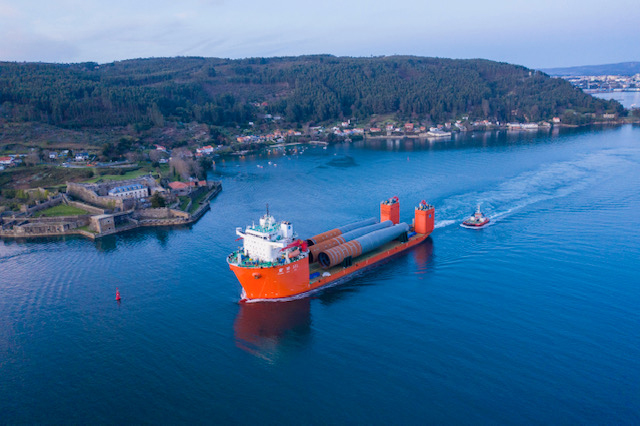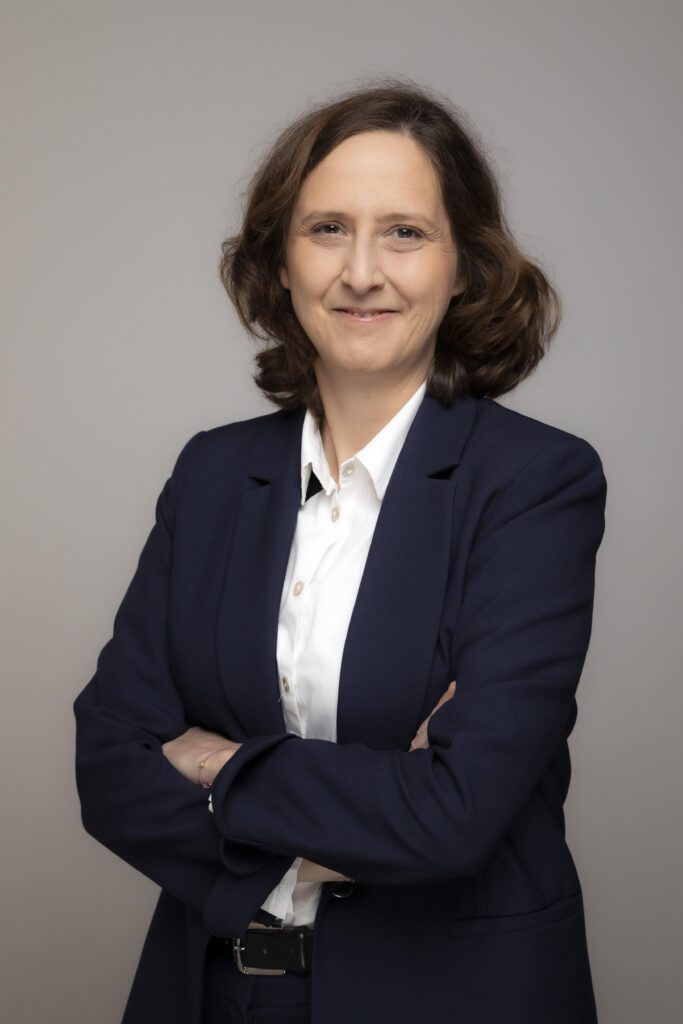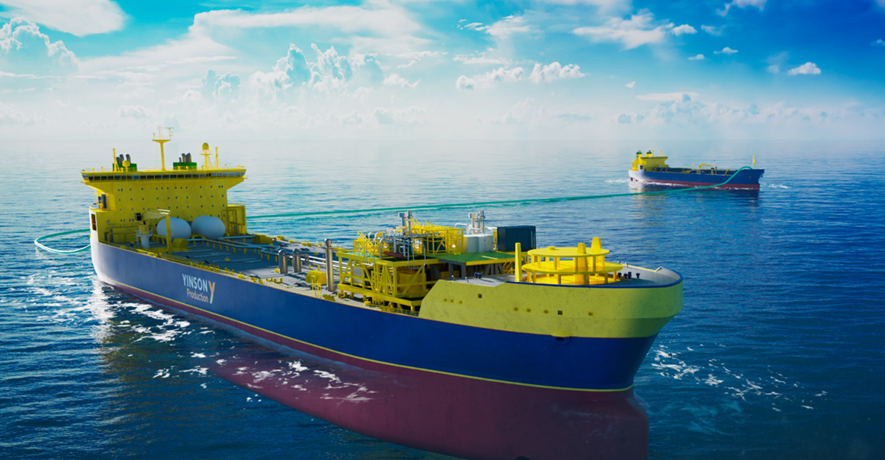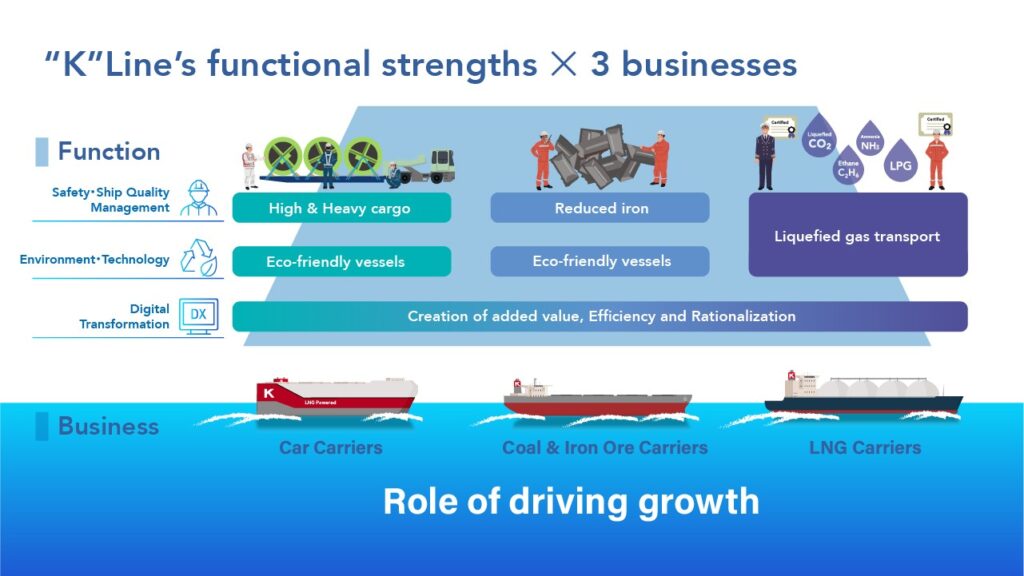The new office in the northern Spanish shipping and logistics hub will handle commercial representation and provide port agency services across Spain, Portugal, and North Africa. This branch, established in cooperation between Noatum Maritime Services and SAL Heavy Lift, will serve the entire MPP and heavy lift fleet of the JSI Alliance.

“We are delighted to have found the ideal partners in SAL Heavy Lift and the JSI Alliance to further advance our growth strategy in port agency services,” said Terry Gidlow, CEO of Noatum Maritime Services. “Both sides bring decades of experience in the international project and heavy lift sector and complement each other perfectly – a truly ideal match.”
Noatum Maritime Services is a division of Noatum Maritime, a leading provider of port and agency services across the Eastern and Western Mediterranean, with a growing presence in the Middle East, Asia, Africa, and the Americas. Noatum Maritime itself leads the Maritime & Shipping activities of AD Ports Group.
Dr Martin Harren, CEO of SAL Heavy Lift, Intermarine, and the Harren Group, underlined the importance of the new partnership: “Having an outstanding team led by Josu Iturri in Bilbao, and working closely with Noatum Maritime Services, will play a key role in our future development. Our strong presence in North and South America will become even more closely connected with European ports, as many transatlantic routes pass through Iberia. In light of our planned fleet expansion, strengthening our activities in Spain is a logical step – and with Noatum Maritime Services, we have exactly the right partner at our side.”
The combined JSI Alliance fleet – comprising Jumbo Shipping, SAL Heavy Lift and Intermarine – is recognised as a global leader in project and heavy lift logistics. With lifting capacities of up to 3,000 tonnes, it offers customers virtually unlimited possibilities. In just a few weeks, the first of five Orca Class vessels will be commissioned. The Orcas will be the most efficient and modern heavy lift ships in the world.
The new JSI Alliance representative office on the Iberian Peninsula will initially serve the Spanish, Portuguese, and North African markets, with plans to expand activities into Turkey and later the Middle East.
About Noatum Maritime Services:
Noatum Maritime Services is part of Noatum Maritime, an industry leader with an integrated portfolio spanning shipping, offshore and subsea operations, marine services, drydocking and shipbuilding, as well as agency and logistics solutions. Noatum Maritime Services provides end-to-end support across the full maritime value chain.
With a physical presence in 77 ports across 17 countries, and service coverage extending to 814 ports in 118 countries, the company combines a strong global footprint with deep local expertise. Its services include port operations, commercial liner and ship representation, and specialised solutions tailored to the diverse requirements of international clients.
Serving a broad range of stakeholders – from cargo owners, traders and miners to oil majors, ship owners, operators and managers – Noatum Maritime Services handles all major cargo types, including containers, dry bulk, breakbulk, project cargo, crude oil, refined products, natural gas and passenger traffic.
The company sets itself apart through deep domain expertise, long-standing local relationships and a nuanced understanding of regional dynamics and risks. Leveraging the strength and reach of its wider ecosystem, Noatum Maritime Services delivers value-added, integrated solutions designed to support complex maritime operations worldwide.
About SAL Heavy Lift:
SAL Heavy Lift is one of the world’s leading carriers, specialising in the maritime transport of heavy lift and project cargo. Operating a modern fleet of specialised vessels, SAL Heavy Lift provides highly flexible solutions for both project shipping and offshore operations.
The fleet features service speeds of up to 20 knots, dynamic positioning systems, Fly-Jib capability, 1A ice class rating, up to 3,500 square metres of unobstructed main deck space, and combined crane capacities ranging from 550 to 2,000 tonnes, making it one of the most advanced in the heavy lift sector.
Together with Intermarine, SAL Heavy Lift operates approximately 75 MPP and super heavy lift vessels (as of mid-2026), employing more than 1,200 people worldwide and maintaining a strong international presence with 27 offices across 23 countries. These capabilities enable SAL Heavy Lift to deliver comprehensive global heavy lift and project cargo services.
As a member of the Harren Group, SAL Heavy Lift upholds the highest standards of quality, technical innovation, health, safety, and environmental performance. Its latest investment in the Orca Class newbuilding programme sets new standards in the adoption of green technologies within the maritime industry.
In partnership with Jumbo Shipping, SAL Heavy Lift and Intermarine jointly operate the marketing platform JSI Alliance, further strengthening their position in the market. The JSI Alliance fleet comprises around 85 MPP, heavy lift and offshore vessels.











